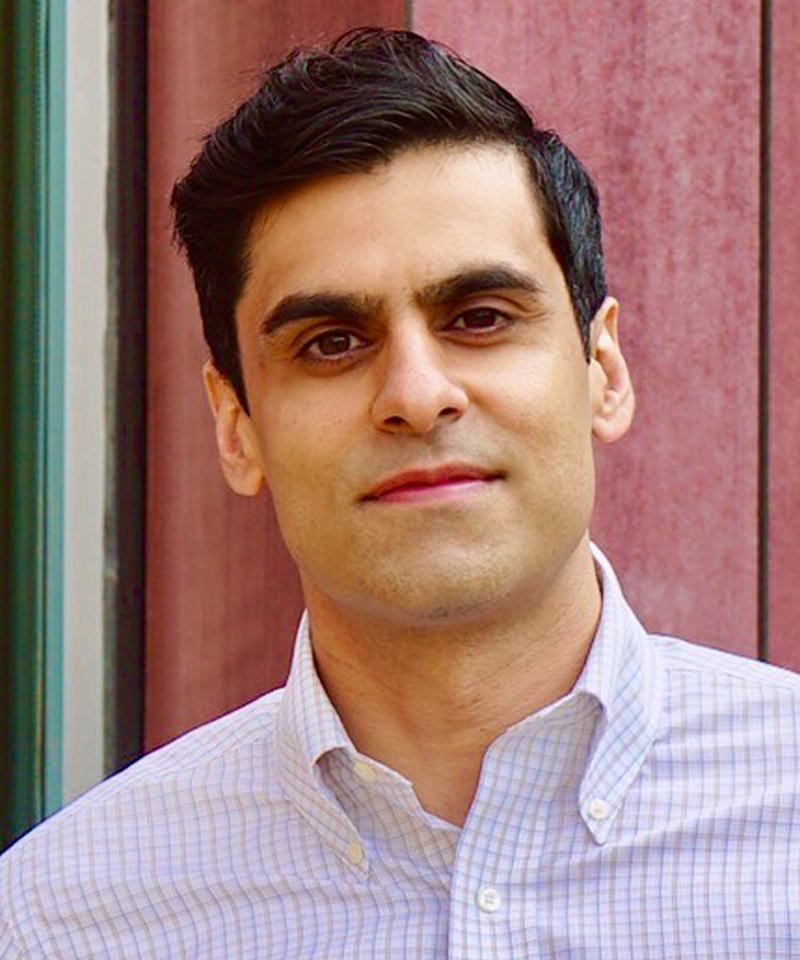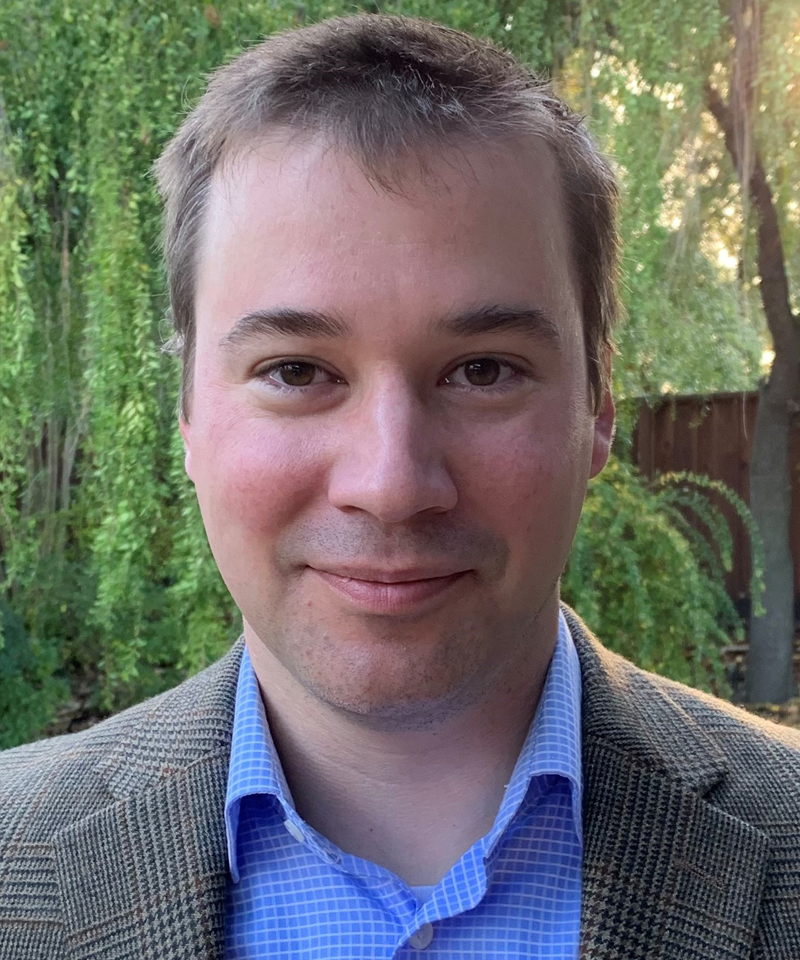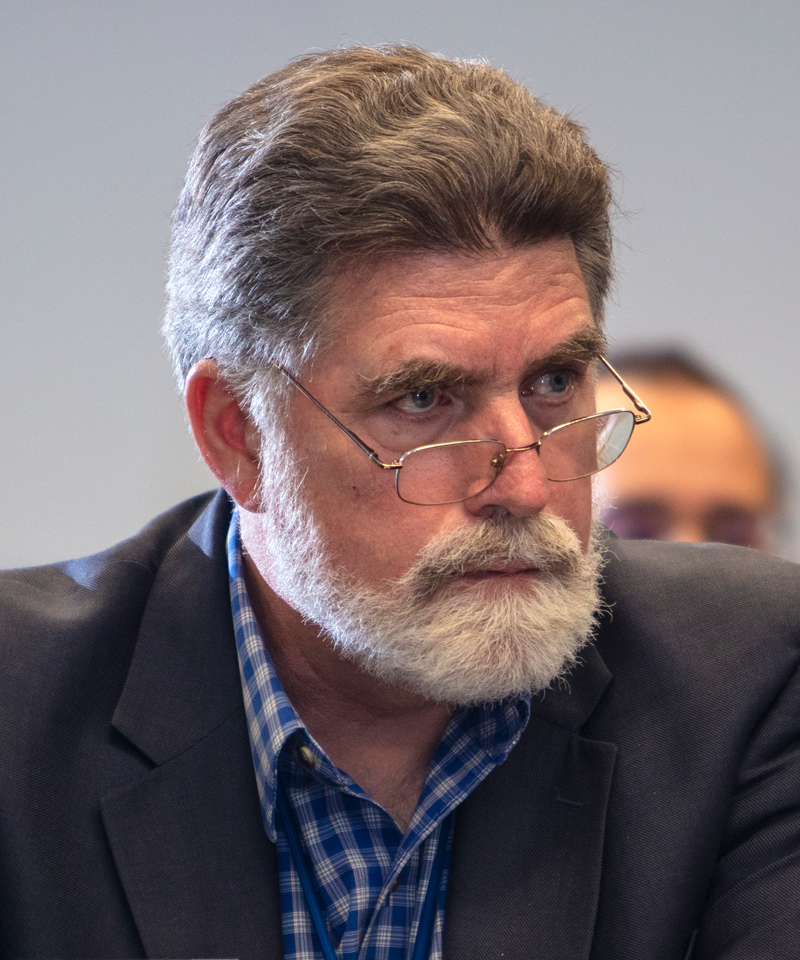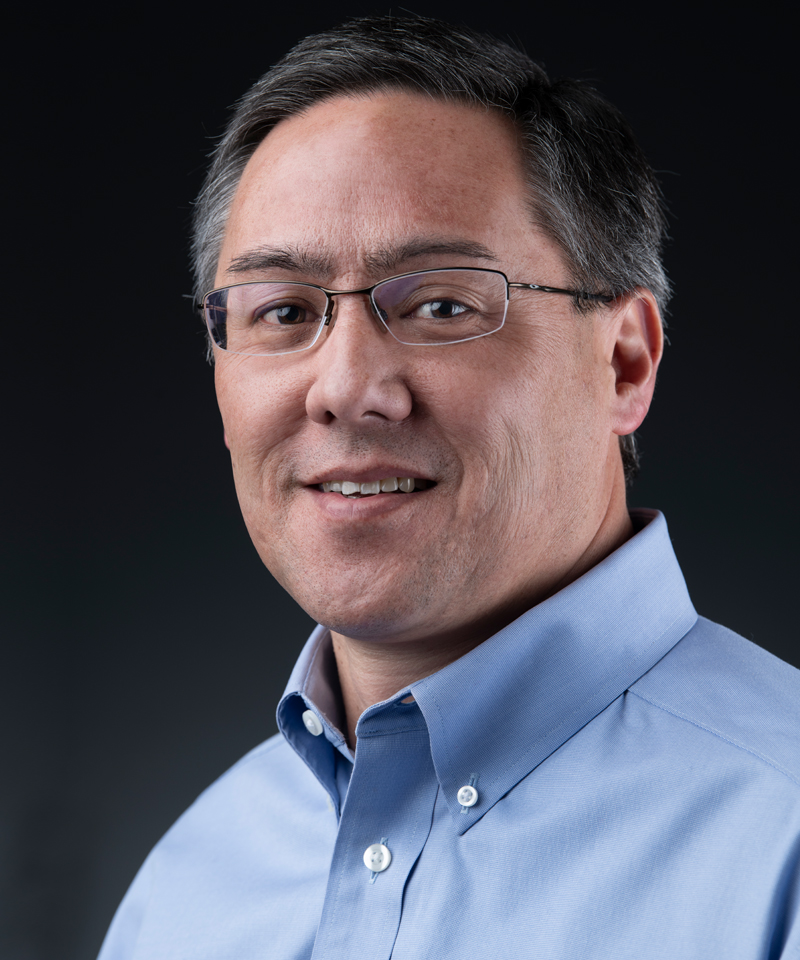About the Postdoctoral Fellowship
IGCC’s Washington, D.C.-based Postdoctoral Fellowship in Technology and International Security supports postdoctoral fellows whose research generates new theoretical and empirical insights into the relationship between technology, national security, and the global security environment. The program is supported by IGCC, together with the Center for Global Security Research at the Livermore National Laboratory and the National Security and International Studies Office at the Los Alamos National Laboratory. The program is directed by IGCC research director Neil Narang, an associate professor of political science at UC Santa Barbara.
Below you can learn more about the program:
History
Technology has always played a central role in international security. Technology shapes the ways states fight during wartime and compete during peacetime. Today, significant advancements in nuclear technology, autonomous weapons, artificial intelligence, remote sensing, cyber technology, hypersonic vehicles, additive manufacturing, stealth, precision guidance, and other areas have contributed to a widespread sense that the world is again on the precipice of a new technological era. More research is needed to understand the relationship between technology, national security, and the global security environment.
IGCC’s Postdoctoral Fellowship in Technology and Security was developed to fill this critical gap. Established in 2021, the Postdoctoral Fellowship was created to renew cooperation between the University of Caliofrnia and the UC National Laboratories to accelerate the development of expertise being sought by national leadership at the intersection of STEM and public policy. The program also sought to create a cohort of young scholars interested and informed about the Labs and their missions.
The fellowship program is based in Washington D.C. for a 24-month term and fellows are in residence at the University of California Washington Center for the duration of the program.
Activities
Fellows dedicate the majority of their time to research and complete a book, monograph, or other significant publication during their period of residence. They also participate in weekly seminars and research colloquia. These include a workshop series in which the fellows present their own research internally to the group for feedback; a Lab speaker series where fellows met with representatives from the Lawrence Livermore National Laboratory and Los Alamos National Laboratory to learn more about the Labs and specific topics of interest; and a foreign policy speaker series where the fellows meet with high-level policymakers who have shaped foreign and domestic security policy. Additionally, fellows visit the UC National Laboratories to meet with leadership, present their research, and participate in research workshops.
Academic calendars can be found here.
Collaborators
The program is supported by IGCC, together with the UC-managed National Laboratories: the Center for Global Security Research at the Livermore National Laboratory (LLNL) and the National Security and International Studies Office at the Los Alamos National Laboratory (LANL). Representatives from the Labs serve in an advisory capacity and are deeply engaged with the Fellows.
Executive Committee

Neil Narang
Research Director for U.S. and Global Security Initiatives, UC Institute on Global Conflict and Cooperation
Associate Professor in the Department of Political Science, UC Santa Barbara
Neil Narang is Associate Professor in the Department of Political Science at the University of California, Santa Barbara and Research Director at the Institute for Global Conflict and Cooperation (IGCC). Previously, he served as a Senior Advisor in the Office of the Secretary of Defense on a Council on Foreign Relations International Affairs Fellowship. He is currently an advisor to the Director’s Office of Los Alamos National Laboratory, a faculty affiliate at the Stanford University Center for International Security and Cooperation (CISAC) and Term Member of the Council on Foreign Relations. Narang specializes in international relations, with a focus on issues of international security and conflict management. Specifically, his research explores the role of signaling under uncertainty in situations of bargaining and cooperation, particularly as it applies to two substantive domains: (1) crisis bargaining in both interstate and civil war, and (2) cooperation through nuclear and conventional military alliances. He is editor of the books Emerging Technologies and International Stability (2021) and Nuclear Posture and Nonproliferation Policy (2015). His articles have appeared in the Journal of Politics, International Studies Quarterly, Journal of Conflict Resolution, Journal of Peace Research, among others. He received his Ph.D. in Political Science from UC San Diego and he holds a B.A. in Molecular Cell Biology and Political Science from UC Berkeley. He has previously been a fellow at the University of Pennsylvania’s Browne Center for International Politics, a nonproliferation policy fellow at the Los Alamos National Laboratory, and a junior faculty fellow and visiting professor at Stanford University’s Center for International Security and Cooperation.

Michael Albertson
Deputy Director, Center for Global Security Research, Lawrence Livermore National Laboratory
Michael Albertson is deputy director of the Center for Global Security Research (CGSR) at Lawrence Livermore National Laboratory. Prior to his current position at CGSR, he served for 16 years in the federal government handling a wide variety of deterrence and arms control-related portfolios for various organizations. From November 2018 to September 2020 he was a senior policy advisor in the Office of the Secretary of Defense (OSD) in the Office of Nuclear and Missile Defense Policy, facilitating extended deterrence dialogues with NATO and Asian allies. Before OSD, Mr. Albertson worked as a team lead in the Department of State’s Office of Strategic Stability and Deterrence Affairs from 2015 to 2018 on Russian strategic nuclear arms control issues including implementation and compliance of the INF Treaty and New START Treaties. He served from 2013 to 2014 on the National Security Council Staff as a director for Russia covering Russian military-security issues; from 2010 to 2012 as a policy advisor to the senior advisor for Arms Control and Strategic Stability to the Under Secretary of Defense (Policy) participating in the negotiation, ratification, and implementation of the New START Treaty; and from 2004 to 2010 as an intelligence analyst and then senior intelligence analyst in the Department of Defense studying Russian military capabilities and doctrine. He holds a B.A. in international relations and government from Claremont McKenna College, an M.S. in strategic intelligence from the National Defense Intelligence College, and an M.A. in security policy studies from George Washington University.

Brad Roberts
Director, Center for Global Security Research, Lawrence Livermore National Laboratory
Dr. Brad Roberts has served as director of the Center for Global Security Research at Lawrence Livermore National Laboratory since 2015. From 2009 to 2013, he was deputy assistant secretary of defense for Nuclear and Missile Defense Policy. In this role, he served as policy director of the Obama administration’s Nuclear Posture Review and Ballistic Missile Defense Review and led their implementation. Prior to entering government service, Dr. Roberts was a research fellow at the Institute for Defense Analyses and the Center for Strategic and International Studies, editor of The Washington Quarterly, and an adjunct professor at George Washington University. Between leaving the Office of the Secretary of Defense in 2013 and assuming his current responsibilities, Dr. Roberts was a consulting professor at Stanford University and William Perry Fellow at the Center for International Security and Cooperation (CISAC). While at CISAC, he authored a book entitled The Case for U.S. Nuclear Weapons in the 21st Century, which won the Choice Award for Outstanding Academic Title in 2016. Dr. Roberts received a doctorate in international relations from Erasmus University in the Netherlands, a master’s degree from the London School of Economics and Political Science, and a bachelor’s degree in international relations from Stanford University.

John Scott
Division Leader, X-Theoretical Design, Los Alamos National Laboratory
John Scott is the Division Leader for X-Theoretical Design, the weapon physics design division at the Los Alamos National Laboratory (LANL). He started at LANL in 1998 as a postdoc in the weapon design division after completing his Ph.D. in nuclear engineering at the University of California, Berkeley. During his career, John has served as the system point of contact for two weapons systems and was the Lead Secondary Designer for the Reliable Replacement Warhead project at LANL. John served as a member of the ASC Predictive Science Panel from 2009 to 2013 and was the Project Leader for weapons performance metrics in the Advanced Certification program from 2009–2017. He also served as the Group Leader for the Integrated Design and Assessment Group within the Theoretical Design Division and as the Deputy Division Leader for stockpile work in the Theoretical Design Division.

William H. Tobey
Director, National Security and International Studies Office, Los Alamos National Laboratory
William H. Tobey directs the Office of National Security and International Studies at the Los Alamos National Laboratory. He is also a Senior Fellow with the Avoiding Great Power Wars Project at Harvard Kennedy School's Belfer Center. From 2009– 2021, Tobey was a Senior Fellow and Lecturer at the Harvard Kennedy School’s Belfer Center for Science and International Affairs. Tobey served as Deputy Administrator for Defense Nuclear Nonproliferation at the National Nuclear Security Administration from 2006–2009. There, he managed the U.S. government's largest program to prevent nuclear proliferation and terrorism by detecting, securing, and disposing of dangerous nuclear material. He also served on the National Security Council Staff under three presidents, in defense policy, arms control, and counter-proliferation positions. He has participated in international negotiations ranging from the START talks with the Soviet Union to the Six-Party Talks with North Korea. Tobey also has a decade of experience in investment banking and venture capital. He currently chairs the Nuclear and Radiation Studies Board of the National Academies of Sciences Engineering and Medicine, and the board of the World Institute for Nuclear Security. He is also on the executive committee of the nonproliferation division of the American Nuclear Society. He holds a Bachelor of Science degree from Northwestern University and a Master of Public Policy degree from Harvard University.

June Yu
Associate Vice President, UC National Laboratories, UC Office of the President
June Yu is the associate vice president for the University of California National Laboratories (UCNL). In this role, she serves as deputy to the UCNL Vice President, participating in and supervising all of the activities of UCNL, including interactions with UCOP, UC campuses, national labs, LLC partners, the Department of Energy (DOE) and the National Nuclear Security Administration. June holds a doctorate in optical sciences from the University of Arizona and was previously the executive director for National Laboratories Programs within UCNL. UCNL is responsible for the management oversight and governance of three national laboratories, including Lawrence Berkeley National Laboratory, Los Alamos National Laboratory, and Lawrence Livermore National Laboratory.